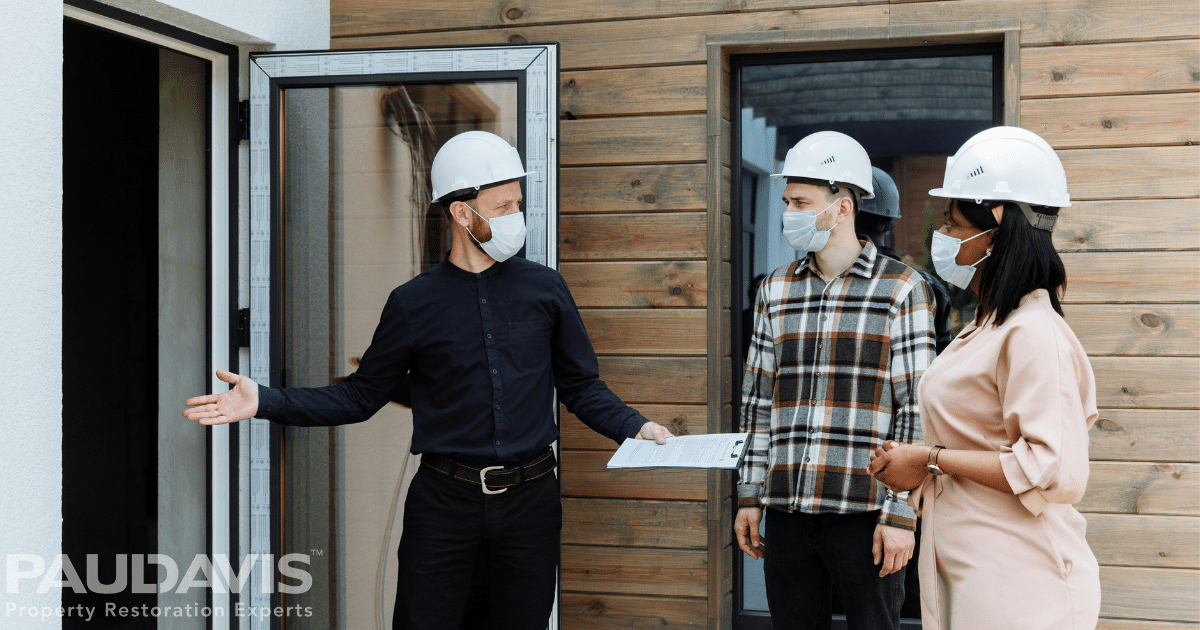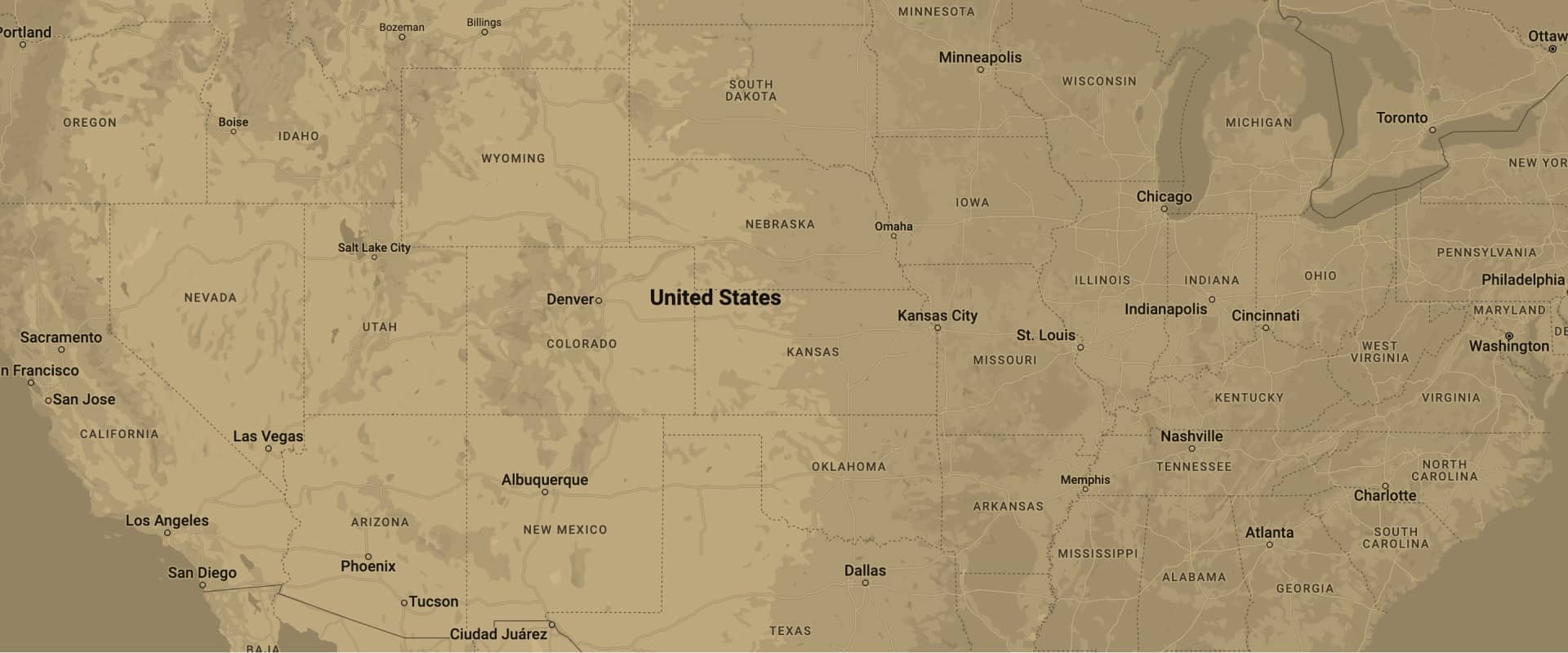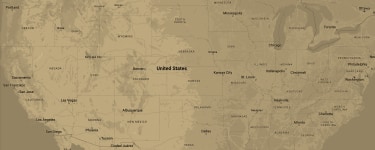
John was climbing the stairs in his three-story apartment building when something new caught his eye: a long, spidery crack in the wall. Was this a problem, he wondered? To be safe, he reported it to the property manager. Inspectors found major termite damage to a supporting roof beam that had allowed the wall to sag.
“Many structural problems are discovered accidentally,” explains Caleb Brunz – Paul Davis of Greater St. Paul and Minneapolis. “Someone notices something unusual or new, looks more closely and finds a big defect that needs repair as soon as possible. Our advice: don’t wait. Inspect these eight building zones now that are prone to structural wear, damage or attack.”
Gugliotta listed eight key areas where structural damage often shows up in residential and commercial properties:
- Cracked or bulging walls or ceilings: Walls and ceilings are the “skin” of a building and visible testimonies to structural health. If they are cracked or bulging, there is a structural defect underneath in the “bones” of the building.
- Chimney cracks: Inspect chimneys regularly because they are subject to extremes of temperature and weather. Cracks are common but must be promptly repaired to maintain safe and efficient operation while repelling rain and snow.
- Windows and doors with uneven gaps: When gaps aren’t even or change over time, they signal movement and instability within the structure.
- Floors that aren’t level: Floors that aren’t level are another indication of instability and movement of important supporting structures. Not sure if yours are uneven? A marble is a handy and inexpensive way to check.
- Sagging roof or roof leaks: Take a critical look at your roof. Does it sag or show discoloration? Do you see water spots on walls and ceilings inside? Those are sure signs of roofing problems that are harming your structure.
- Damp subfloor: Most plumbing fixtures eventually wear out and require replacement. Sometimes the leaks are obvious but many times they manifest as subtly discolored or damp subflooring. Damp subfloors always indicate structural concerns that must be promptly addressed.
- Crumbling concrete, masonry or brick: Tough materials like these usually don’t crumble unless they are being damaged from beneath by building movement or water infiltration. They do, however, age. If they aren’t replaced when beyond their useful life, structural problems ensue.
- Foundation defects: Do you see cracks in your foundation inside or outside of your structure? Is soil pulling away from exterior walls? Hire a structural expert immediately. Neglected foundation problems can cause catastrophic building failures.
“Many people ignore warning signs because they are afraid of what they’ll find if they look more closely,” Brunz concludes. “But these problems will only get more severe, more expensive and more unsafe while reducing your property value. Find skilled specialists promptly to help.”











